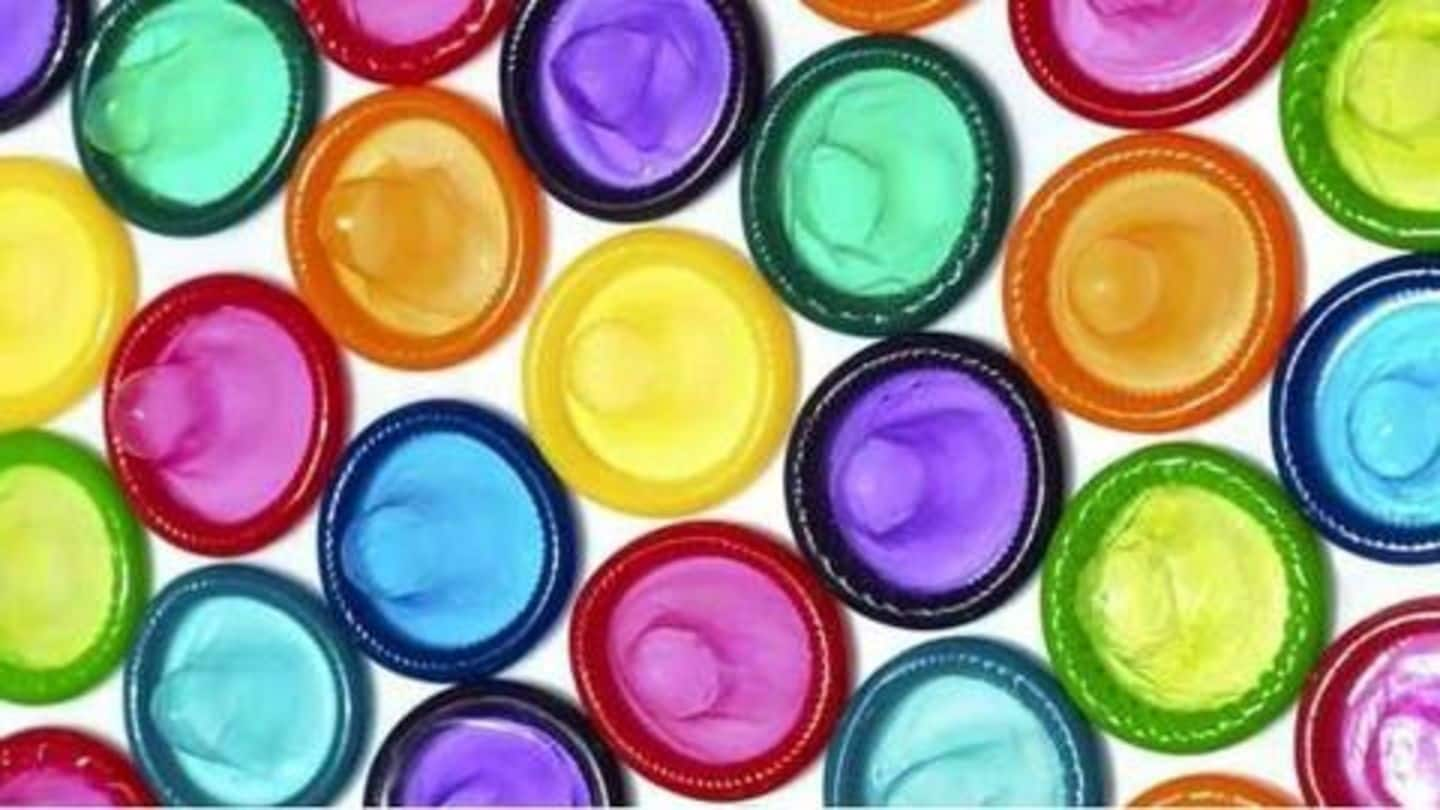
People in this Kenyan town use polythene paper as condoms
What's the story
We are 7.7bn people in this world.
According to UNAIDS, world-wide 36.9mn people were affected by HIV/AIDS last year and 69% of these live in Africa.
Unsurprisingly, unprotected sex remains one of the biggest reasons of AIDS.
That's why probably out of fear, residents of Archers Post (Kenya) are using polythene paper as condoms, in light of shortage of the protective gear.
Details
Town witnessing economic growth, increase in sex trade
The town has experienced rapid growth since it is a transit point to Marsabit County and Moyale town on the Kenya-Ethiopia border.
The training of military personnel for both the local forces and British soldiers has also contributed to its growth.
However, it is also seeing an increase in the sex trade, with many young women migrating there to engage in prostitution.
Condoms
No knowledge of using women's condom; men's condom in scarcity
Female condoms, which have been made available in the Kenyan market for over a decade, are unfortunately not popular as many locals do not know how to use them.
This, in addition to a shortage of male condoms, has led locals, who are well aware of the dangers of STDs, to come up with alternative options, including washing used condoms and using polythene paper.
HIV spread
Nearly 1 million people in Kenya are on HIV treatment
Unfortunately, these unhygienic methods of protection have actually led to an increase in the spread of HIV/AIDS in the area.
Currently, nearly 1 million Kenyans are on HIV treatment, including 53,067 mothers who were on the treatment to prevent mother-to-child transmission.
People affected with HIV/AIDS face the brutal stigma in society and are often abandoned by their families, while others fear seeking medication.
Take control
Women, you too have the power to prevent unsafe sex
On December 1, Archers Post saw a mass distribution of both male and female condoms as part of World AIDS Day by Kenya's non-profit organization Good Life Trust.
Sadly, lack of knowledge of using female condoms is quite prevalent in other countries as well. However, it's about time women understand they too have the power to control and prevent the spread of HIV.